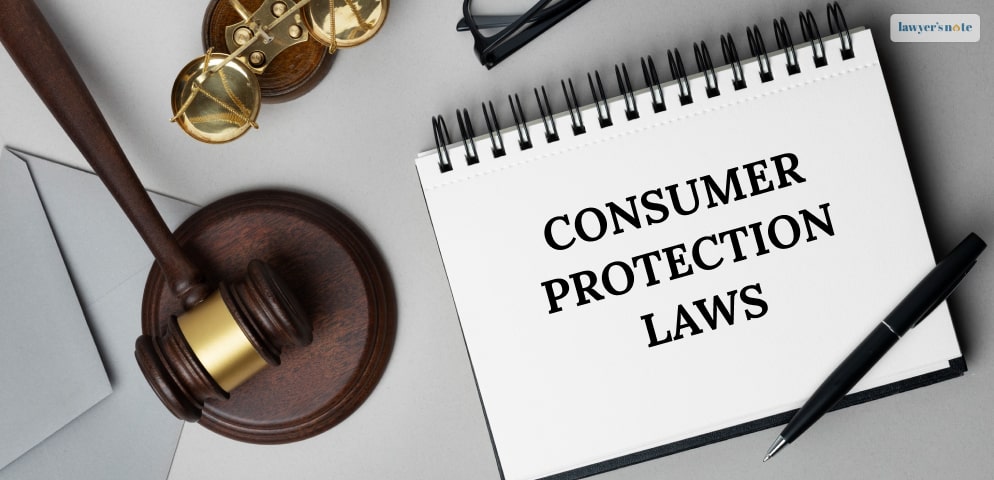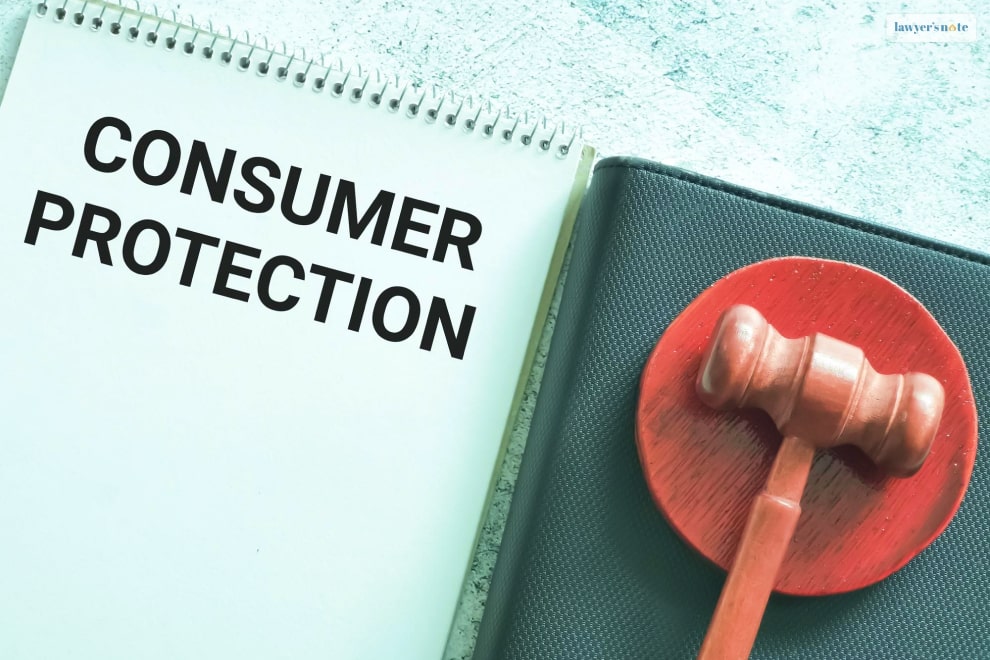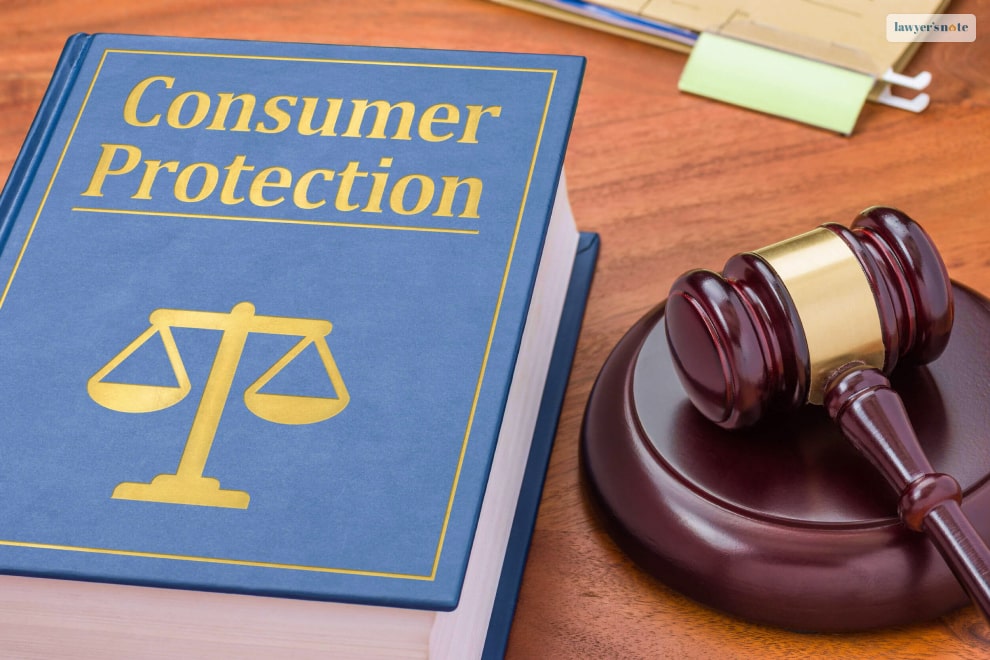Bus Accident Attorneys: Essential Tips for Victim Representation
As bus accident attorneys, we have undergone a series of bitter experiences with the victims that are quite horrifying. After....
770 Views

Do you buy things every now and then? Well, we all do. We even believe in a little retail therapy when feeling low sometimes. But do you know what buying things, food, clothes, accessories, or technology makes us? It makes us consumers. We consume the products and services offered by the various business and retail outlets. However, what do you do when someone sells you a defective product and refuses to give your money back? You can go to the police, sure. But what if that is of no help?
Most states have consumer protection laws. These laws protect buyers from which of the following?
a. Unfair business practices.
b. False Billings
c. Misleading Ads or information
The answer is all of the above. Consumer protection laws are designed in a manner that ensures complete protection of all consumers from all unfair practices that harm their rights.
In this article, we are going to tell you all about the consumer protection laws of the USA and how they protect you.
So, let’s begin.

Consumer Protection laws help one to be safeguarded against defective products, deceptive policies, and fraudulent business practices as a consumer.
All Consumer Protection laws originated from the common law Doctrine called Caveat Emptor, which translates to consumers being aware.
Earlier, people brought miss leading items by giving false information all the time. Laymen who were not aware of the laws or rules of business were tricked into buying defective products.
However, as the economy developed, more and more laws started to evolve to protect consumers from fraudulent practices like those.
Moreover, Today a large part of the American legal framework is made out of Federal and State Laws that protect consumers.
Antitrust laws protect free trade and healthy competition in the consumer industry. This Commission looks into fraud and scam alerts that consumers bring about against certain businesses. Not just federally, States also use a variety of agencies for the enforcement of statutes to look into consumer protection.
Moreover, It is a great development that consumer protection laws and policies have seen a steep increase since the 1970s. This means that today in 2023, the average consumer is more aware of their rights than they were 50 years back.

Consumer protection laws are often not as well-known as criminal laws like the ones for theft, murder, and assault. However, they are just as important. So, what is their purpose, and what do they guard you against?
The overall purpose of implementing these laws is to safeguard individuals from unfair practices and ensure fair treatment when engaging in transactions with businesses.
Moreover, These are some of the aspects that these laws provide protection against.
They stop businesses from providing false or misleading information about their products or services. Have you ever seen a business that runs on false claims shut down? That is possible because of these laws.
This purpose of consumer protection laws was highlighted in the case of Federal Trade Commission v. Volkswagen Group of America, Inc. (2016).
In this case, the Federal Trade Commission (FTC) sued Volkswagen for its deceptive advertising practices. Volkswagen had published an advertisement stating that its cars used a certain version of fuel called the “clean diesel” that was environment friendly and gave out low emissions. However, when they tested the vehicles, the authorities found that these cars had software that manipulated emissions test results.
Moreover, This is why the court found that Volkswagen’s advertising was deceptive and against fair practice policies.
These are the laws that protect you from fraudulent activities that are meant to trick you into making purchases. After all, it’s your hard-earned money. These also protect you against sharing your personal information.
This aspect of consumer laws was upheld in the case of FTC v. Amazon.com, Inc. in 2016. In this 2016 case, the FTC called out the retail giant Amazon for billing parents for product purchases made by their children using the Amazon mobile app. The court held that these purchases made by children did not hold ground because they were minors.
The court held that there was a pressing need for clear and transparent billing practices in companies.
Did you know that consumer laws can protect you from a bad contract? yes, you heard that right. It is the purpose of consumer laws to prevent businesses from making you enter into contracts that have unfair terms in them.
According to these laws, for a contract to be valid, all terms mentioned in it should be respectful of the rights of the consumer.
The Williams v. Walker Thomas Furniture Company case took place in the early 1960s.
Moreover, This was one of the very first cases where the Court ruled that the terms used in the contract were completely unfair to the consumer, and this made the contract unenforceable by law.
We all value accountability. If a company is selling a product, it should make sure that it is safe for consumers to use. But we all know that mistakes can happen. However, that does not give the company the right to hide these mistakes at the cost of consumer safety.
Moreover, Consumer laws make sure that all products that are out to be sold in the market meet safety standards and are of good quality.
One such famous case is the Toys R Us case. The federal trade Commission launched a case against this company because their toys had little parts that could be dangerous for children.
Consumer Laws Protect Your Privacy And Data
You should know that consumer protection laws actually protect your privacy and data.
Moreover, If you have been to a retail outlet and bought something with your credit card, these are the laws that will prevent this particular outlet from using your contact information or your data in any wrong way.
By now, we all know the Facebook case regarding the data breach. The federal trade Commission reached a $5 million settlement with the owner of Facebook about its defective privacy policy.
Moreover, This only showed that the government of the United States took data privacy violations very seriously
As a consumer, you have a 100% right to cancel or to return A purchase after it has been made. This purchase can be made by phone, mail, or online. Consumers have every right to return the item within a specific time period and even ask for a money return.
Moreover, They also have the right to cancel an order after it has been made through authorized means and within a particular time frame.
The California consumer legal remedies at is one such legislation that protects consumers and lets them get remedies against businesses that do not protect cancellation rights.
There is this thing called the Silicon Lottery. It means that when you purchase any technology, it might be good or it might be defective. It is difficult to tell from the outside what it could be. Very similarly, there is something called the lemon law. In the United States, defective vehicles are called lemons. Consumer Protection laws protect you against these defective items and ensure that you get a remedy against them. However, to avail of these remedies, you will have to bring them to the notice of the manufacturer or the buyer within a certain period of time.
If they are not able to fix it, they will have to repair you or give you a new item that works properly.
This means that all institutions that collect, use, and disclose consumers’ credit information do it according to the laws of the land. All consumers have the right to correct incorrect credit information. They can also request a detailed explanation of the debts they owe to any party before paying them. Debt collectors cannot resort to violent or illegal practices to make defaulters pay.
There are numerous federal and state laws in the United States that protect your consumer rights. They also have the right to take legal action against unfair debt practices.

Now that you know all about what consumer protection laws are and their purpose, let us look at the most important parts of it in the US legal system.
The Consumer Product Safety Act is a federal act. This means that it is applicable all across the United States. It was first brought into effect in the year 1972. This signifies that consumer safety and protection have been the aim of the US government for quite a while.
Moreover, This act operates by maintaining A committee that checks into the safety standard of consumer products.
Moreover, The consumer products can be things like toys that children play with, household appliances, furniture, and even electronic gadgets.
Consumer product safety act states that all manufacturers should conduct tests on the products to see if they fit the safety standards. Consumers can either contact the manufacturer of all, even the seller that they bought it from.
If the consumer fails to bring it to notice in the next 24 hours,
Moreover, they lose the right to remedy such a hazardous product.
This is another one of the top five Consumer Protection laws of the USA. This act states that not everybody can access your credit information.
Moreover, You can also check your credit report annually from any major reporting agency. If you feel like there are inaccuracies in your credit report, you can access it and make changes accordingly.
This Consumer Protection law came into force in 1977. Back in the day, debt collection Agencies used to resort to harassment and violation to get consumers to pay back their debts.
Moreover, Learn about FDCPA violations to protect yourself from aggressive debt collectors.
However, Act punishes any such abusive or deceptive practice.
Moreover, It also applies to 3rd party debt collectors. Under this act, all debt collectors can only call people up to a designated limit in one day and in specific hours.
This act came into force in the year 1968. According to this act, all lenders must provide complete and accurate information about loans to the consumers.
Moreover, Even after they have taken a certain amount of loan, they have the right to cancel the loan after some time without facing any consequences.
It regulates and enforces consumer protection laws in the financial sector. Under this Act, the Consumer Financial Protection Bureau (CFPB) can issue rules, conduct investigations, and take enforcement actions against unfair practices.
Moreover, By doing so, these government entities can ensure transparency, fairness, and accountability in financial transactions.
Consumer protection laws play a crucial role in safeguarding the interests and rights of consumers. These laws are responsible for a clear and transparent system where information about products, services, and transactions is easily available to consumers. Consumers can make informed purchasing decisions that way.
Read More:

As bus accident attorneys, we have undergone a series of bitter experiences with the victims that are quite horrifying. After....

It’s important to keep a steady and ironclad relationship with your suppliers. It helps you to reach your business in....

One of the significant challenges in the legal field is the matter that requires proving legal malpractice. Proving a legal....